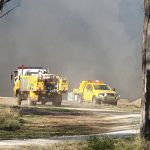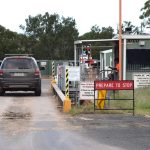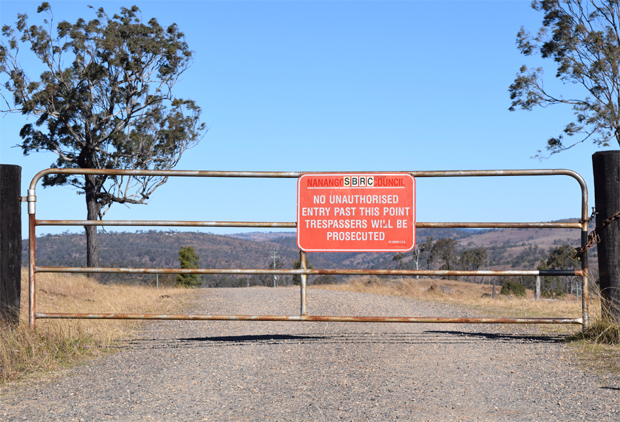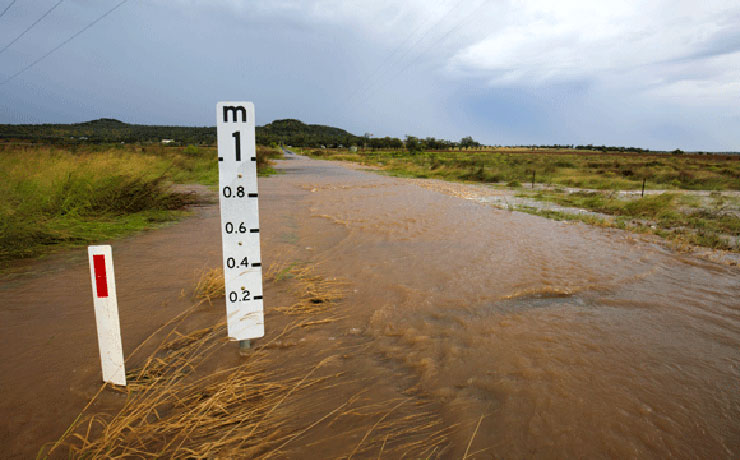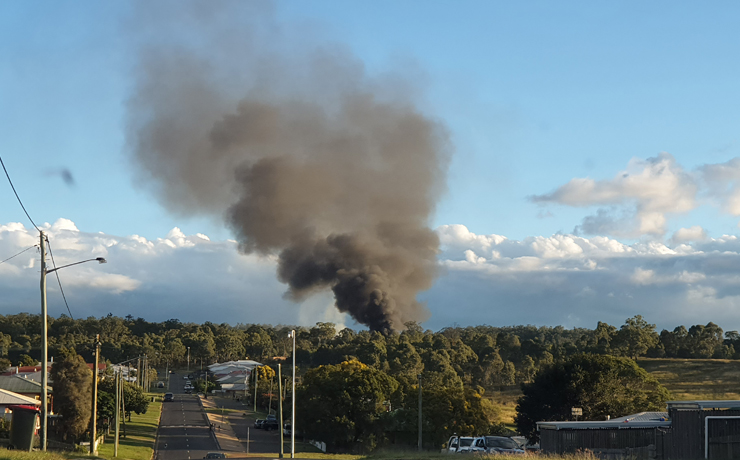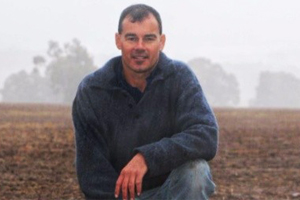
June 28, 2019
While the State Opposition has been angered by the release of the State Government’s new drought policy, AgForce is “cautiously optimistic”.
A recommendation to stop fodder, water and livestock freight subsidies in future droughts was labelled a “cruel blow” by the LNP (see separate report).
However, AgForce CEO Michael Guerin said that overall, the better drought management policy announced on Friday was in line with AgForce’s “business cycle” approach.
“(This) focuses on assisting producers to prepare for drought, as well as surviving it,” Mr Guerin said.
He said drought was a natural and inevitable feature of farming in Queensland, so it was critical the government took a strategic approach to supporting producers in order to maintain a strong, sustainable agriculture industry.
“However, I believe producers will be anxious about the proposal to abolish freight subsidies for fodder and water,” Mr Guerin said.
“While we are reassured that they will remain in place for the duration of the current drought – including any further declarations made before June 2020 – we need to ensure effective assistance for producers with the additional costs of drought.
“We will use the intervening period to engage with AgForce members and the wider industry to determine what this should look like, and seek to ensure this solution is incorporated into the final program.
“This should not be about cost-cutting but about getting better outcomes from a similar or greater investment.
“While the need to ensure animal welfare and sustainably manage the natural resource quite rightly underpins drought support, there is also an urgent need for grain growers to have more support.
“We welcome the introduction of more science into drought declarations, but insist that ‘local knowledge’ must continue to be a feature of these assessments.”
While details are yet to be worked out, AgForce acknowledged the inclusion of:
- Support for practical drought management plans
- Support for mental wellbeing and community resilience programs
- Non-breeding livestock under the Emergency Water Infrastructure Rebate
- Greater support towards education costs, and
- Regulatory changes to allow producers to more easily use mulga for drought feeding.
Mr Guerin said one of the most pleasing aspects of the proposed program was the State Government’s commitment to engaging with industry in refining and implementing it.
“Who knows? This may be the dawn of a bright new day,” he said.
“We have seen too many recent examples of botched legislation developed in isolation of industry, and will be ardent in ensuring Minister Furner honours his commitment to including industry in finalising the program.”
- Related article: State To Axe Drought Freight Subsidies







